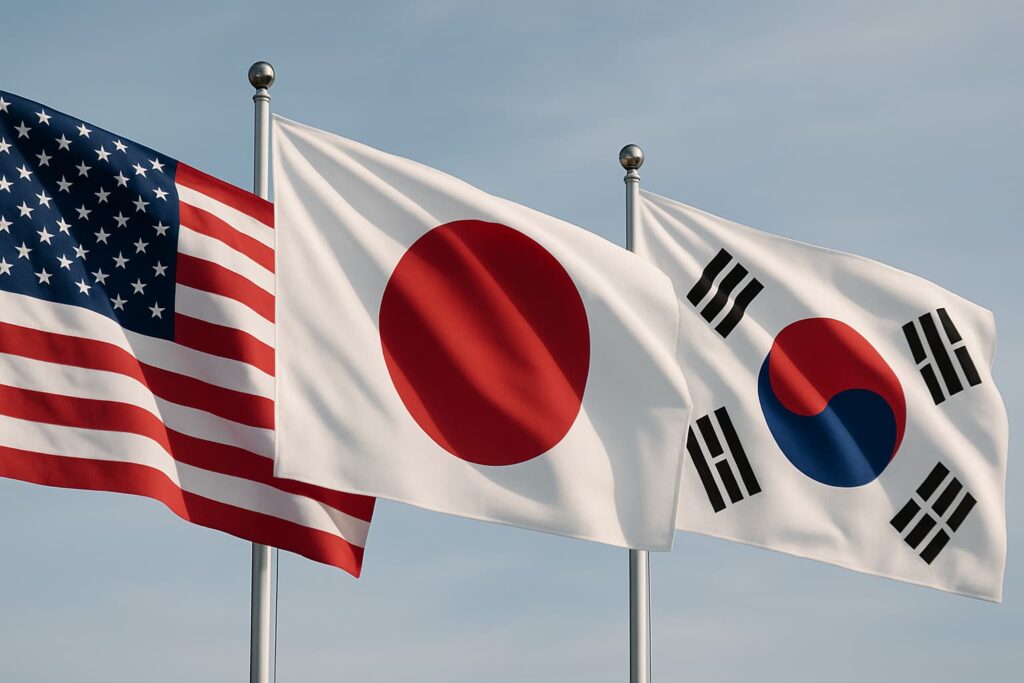Trilateral quantum talks highlight innovation and security priorities
North Korea eyes quantum computing’s low energy demand despite nationwide power shortages, raising strategic concerns.

The United States, Japan, and South Korea held two Trilateral Quantum Cooperation meetings this week in Seoul and Tokyo. Officials and experts from government and industry gathered to discuss securing quantum ecosystems against cyber, physical, and intellectual property threats.
The US State Department stressed that joint efforts will ensure breakthroughs in quantum computing benefit citizens while safeguarding innovation. Officials said cooperation is essential as quantum technologies could reshape industries, global power balances, and economic prosperity.
The President of South Korea, Lee Jae Myung, described the partnership as entering a ‘golden era’, noting that Seoul, Washington, and Tokyo must work together both to address North Korea and to drive technological progress.
The talks come as Paul Dabbar, the former CEO of Bohr Quantum Technology, begins his role as US Deputy Secretary of Commerce. Dabbar brings experience in deploying emerging quantum network technologies to the new trilateral framework.
North Korea has also signalled interest in quantum computing for economic development. Analysts note that quantum’s lower energy demand compared to supercomputers could appeal to a country plagued by chronic power shortages.
Would you like to learn more about AI, tech, and digital diplomacy? If so, ask our Diplo chatbot!
